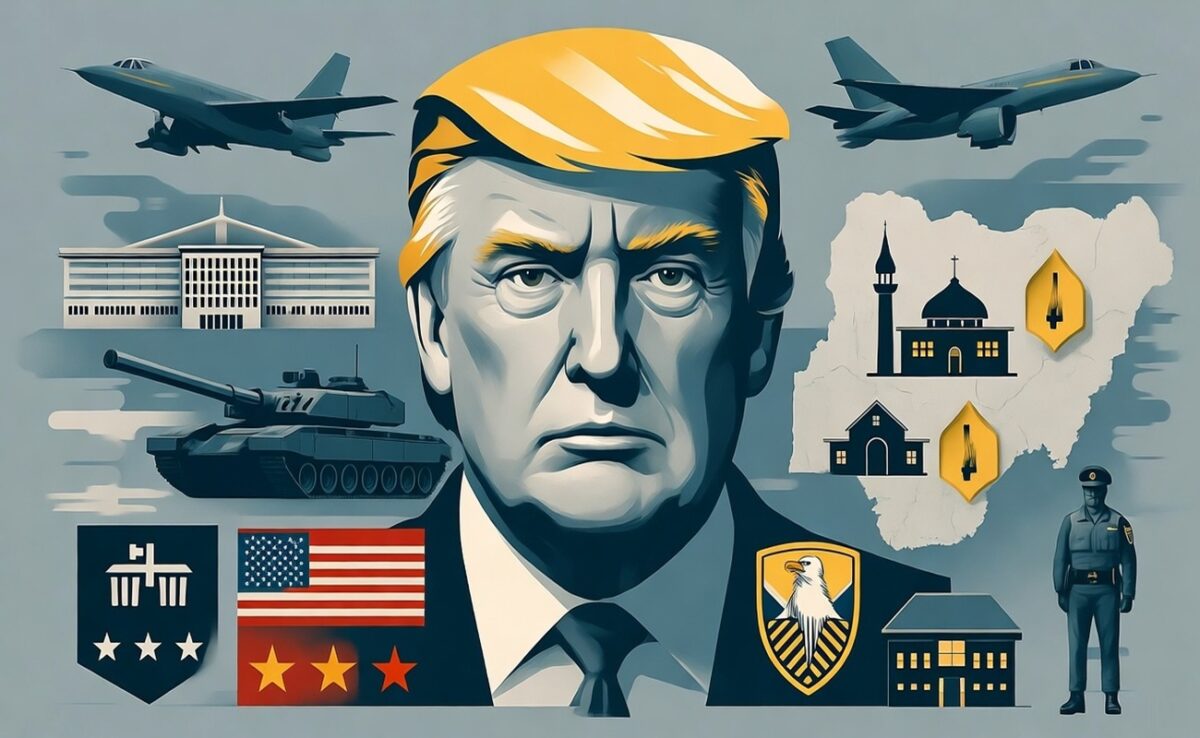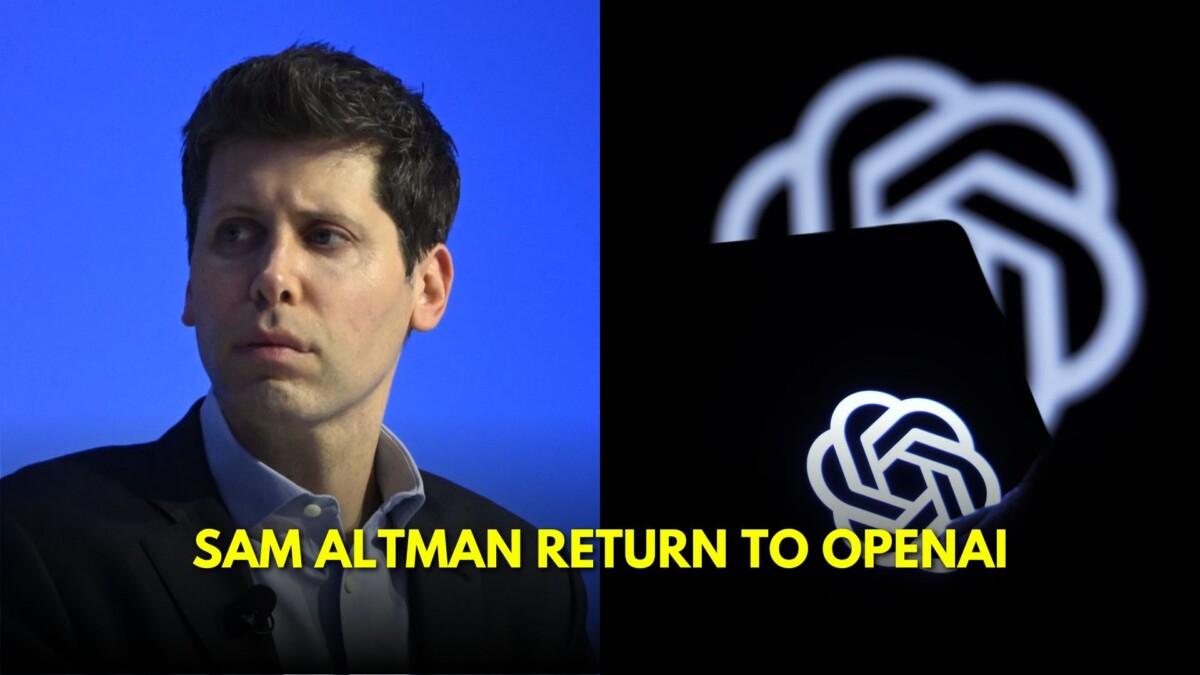President Donald Trump said he has ordered the Pentagon to begin planning for possible U.S. military action in Nigeria after accusing the Nigerian government of permitting widespread attacks on Christians — a move that has sparked swift diplomatic pushback and alarm among regional experts. Trump also announced an immediate halt to U.S. aid and placed Nigeria on a religious-freedom watch list, saying he would consider forceful measures if the violence continues.
What Trump announced and how officials reacted
In a post on his social platform, Trump said he had instructed the Department of Defense — which he referred to as the “Department of War” in his message — to “prepare for possible action” and warned he could go into Nigeria “guns-a-blazing” if authorities failed to protect persecuted Christians. The White House framing described the move as a response to what Trump characterized as an “existential threat” facing Christian communities in parts of Nigeria.
The Nigerian government rejected the characterization. President Bola Ahmed Tinubu and the foreign ministry pushed back, insisting Nigeria protects religious freedom and noting that the country faces a complex mix of insurgency, communal violence and criminality that affects both Christians and Muslims. Nigerian officials called for diplomatic engagement and said they would cooperate with any constructive international efforts to address extremism.
Background: security challenges in Nigeria
Nigeria has long confronted a fragmented security environment. Islamist insurgents such as Boko Haram and Islamic State West Africa Province (ISWAP) remain active in the northeast, while banditry, farmer-herder clashes and criminal kidnapping have surged in central and northwestern states. Human rights groups have documented civilian casualties across communities, and analysts caution against simple religious explanations for many attacks. U.S. officials and independent researchers say victims of Islamist insurgency are predominantly Muslim in several of the worst-hit areas, even as some incidents target Christian communities.
Legal and diplomatic constraints on U.S. military action
Experts say the president’s direction to planners does not by itself authorize kinetic strikes — it begins a classified planning process that could include options from increased intelligence support to limited counter-terrorism operations. Any actual use of force would implicate legal, strategic and alliance considerations: Congress has oversight on military deployments, and operations on foreign soil typically require careful coalition building and clear legal justification under U.S. law and international norms, observers note. Military planners routinely prepare contingencies; the public directive marks a politically charged escalation.
International and regional responses
Allies and regional partners reacted cautiously. Some U.S. lawmakers and commentators praised the president’s focus on religious freedom, while African diplomatic corps and the Nigerian government warned against unilateral military measures that could destabilize the region. International rights groups urged the U.S. to base any policy response on verified evidence and to channel assistance through humanitarian and security cooperation rather than threats of intervention. Analysts at think tanks cautioned that a U.S. military footprint in West Africa is limited — most U.S. bases and sustained counter-terrorism capacity are concentrated in East Africa — complicating any rapid, large-scale deployment.
What U.S. military preparation could look like
If the Pentagon proceeds with planning, initial steps would likely focus on intelligence collection, contingency logistics, and coordination with Nigerian security forces and regional partners. Options often modeled in such plans include increased surveillance, targeted strikes against identified extremist cells, training and support for host-nation forces, or non-kinetic pressure such as sanctions and aid suspension. Officials warned that kinetic options carry risks of civilian harm and would require reliable on-the-ground intelligence and diplomatic clearances.
What this means for readers and the broader implications
For Nigerians and the U.S. diplomatic community, the president’s statement raises immediate concerns: abrupt policy shifts — such as cutting aid or signaling possible force — can further strain bilateral cooperation on security and humanitarian responses. Humanitarian organizations working in Nigeria warned that an abrupt aid cutoff could hinder relief to civilians displaced by violence. For U.S. policymakers, the episode underscores the tension between public political signaling and the deliberative processes required for credible, lawful military action.
Conclusion
Mr. Trump’s announcement that he has ordered the Pentagon to prepare options for action in Nigeria marks a dramatic escalation in U.S. rhetoric over violence there, but planning does not equal imminent strikes. Military preparation is the first procedural step; any real intervention would confront legal hurdles, require clear evidence and risk significant regional consequences. Diplomats and analysts now face the task of parsing the administration’s objectives while pressing for verifiable facts and calibrated responses that prioritize civilian protection and long-term stability.









